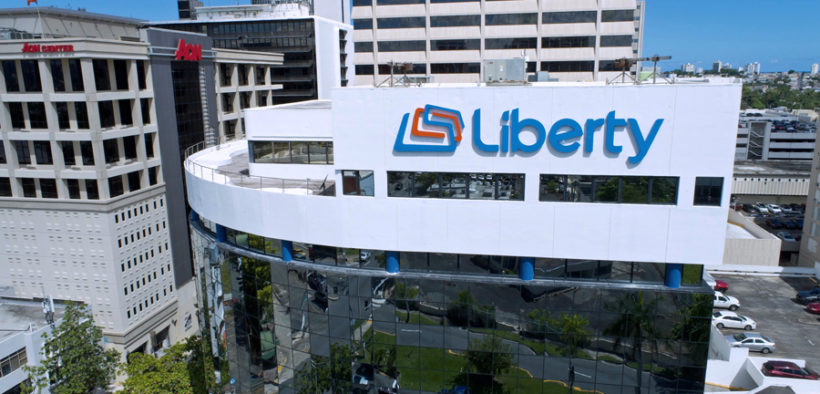Liberty Puerto Rico reports 12% YoY revenue drop in 2Q

Liberty Latin America CEO Balan Nair is anticipating a “significant inflection in financial performance” over the next six months.
Liberty Puerto Rico, the local subsidiary of Liberty Latin America, reported a 12% revenue drop year-over-year during the second quarter ended June 30.
The results released by the parent company show the local operation reported $308.6 million in revenue for the most recent quarter, down from $349.5 million for the same period last year.
For the first six months of the year, the company’s revenues were also down by 11%, totaling $635.8 million in 2024 compared to $713 million for the same period in 2023.
The report listed several notable events during the quarter, including reasons for revenue declines. Residential mobile revenue was 21% lower compared to the prior-year period due to a drop in mobile subscribers, “impacted by disruption related to the migration of customers to our mobile network and a reduction in roaming revenue.”
Additionally, there was a 6% year-over-year drop in business-to-business revenue, “primarily reflecting the cancellation of the [Federal Communications Commission’s] Emergency Connectivity Fund, which led to a reduction of 74,000 mobile postpaid subs over the past year.”
“Other revenue declined by $4 million as compared to the prior-year quarter due to a reduction in revenue recognized on funds received from the Federal Communications Commission,” Liberty stated.
Eduardo Díaz-Corona, general manager of Liberty Puerto Rico, said: “Since the end of migrations in April, we have been addressing all outstanding matters and stabilizing the platforms. We have continued to improve the billing process and have made great progress. The mobile network core is now stable after several improvements we have implemented with our vendors and internal teams.
“As a result of these efforts, we have started to see a positive trend in sales, customer interactions and retention. Sales have improved significantly over the past couple of months, thanks to the efforts of our sales and commercial teams. We have created attractive customer offers utilizing the flexibility we now have with our own systems. We are also seeing consistent numbers in our fixed product segment, which is yielding good results.”
The outcome was impacted by the company’s revenue decline, lower direct costs and higher other operating costs mainly related to migration activities. This included a $12 million increase in bad debt expense related to billing and collection issues, higher information technology service and license expenses as Liberty transitioned mobile customers to its internal systems, and an $8 million credit related to the Coronavirus Aid, Relief and Economic Security (Cares) Act received in the prior-year period.
Although Liberty Puerto Rico is still addressing challenges related to its acquisition of the former AT&T Puerto Rico’s operations and migrating that customer base to its own networks, Liberty Latin America CEO Balan Nair foresees improvements over the next six months.
“Looking to the second half of the year, we anticipate a significant inflection in financial performance as we move past impacts from our Puerto Rico migration and begin to execute on our growth plans in that market, while maintaining healthy positive momentum across the rest of the group,” he said.
“In Puerto Rico, we now expect synergies, operating cost improvements and top-line sequential growth will drive Adjusted OIBDA to more than $45 million per month toward the end of the second half,” Nair added.











It is never a good sign to see a company such as Liberty reports such dismal performance. Recuperating from a 21% YoY drop in mobile revenues due to a significant subscriber exodus and lower ARPU’s is an exceedingly difficult journey; particularly in a market whose demographics point to an older and shrinking population base; translating into a lower subscriber pool and lower telco expenditures. Liberty, will no doubt, will have to address its brand credibility around the topics of service, value, and differentiation, which when met with the likes of Claro (the largest operator in Latin America) & T-Mobile (the only national operator) is a very daunting task. A healthy and competitive telecom environment is necessary, so it is critical for Liberty to become a true competitor in the mobile space and offer alternatives than the other two cannot or will not offer. With the means to offer a quad-play, the opportunity is still there. Good luck!